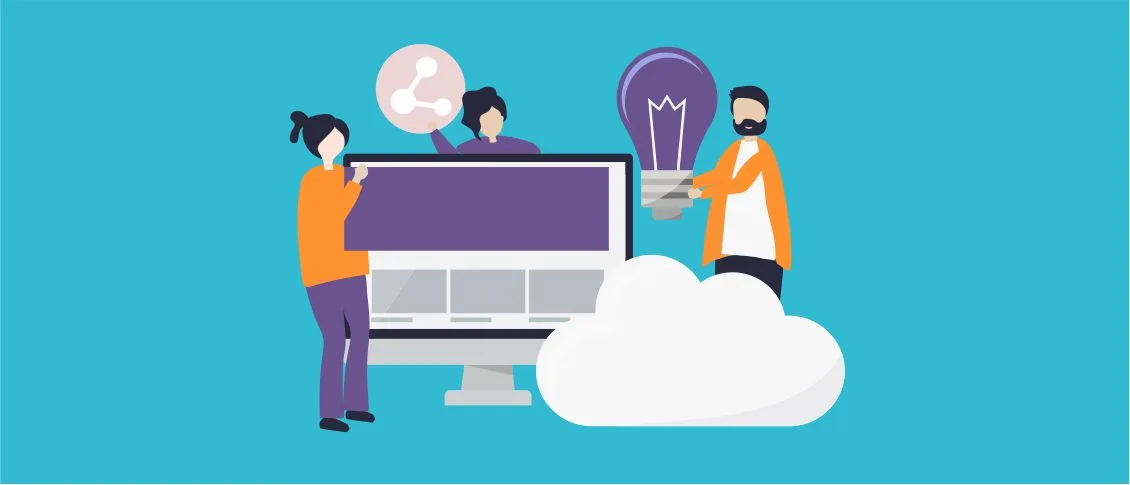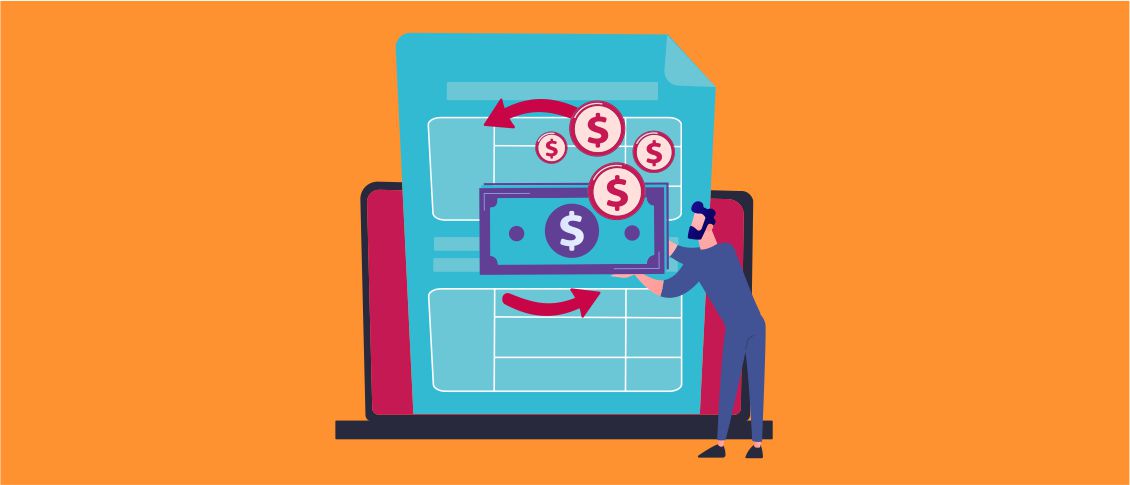- Overview
- What does "MIGRATION” in it stand for?
- Reusing source code
- Application migration services we provide
- Migration from one deployment platform to another one
- Migration from one technology to another one
- Migration from legacy to up-to-date software
- Migration from one platform to another
- Data migration
- Cases in which app migration can give you the hughes ROI
- Types of Delphi and .NET migration we offer
Overview
We provide all types of application and software migration made with Delphi or .NET.
Do you really need to migrate your application rather than re-engineer or enhance it? Let’s break down the subject of migration to make sure we’re on the same page!
What does “MIGRATION” in it stand for?
Migration is a broad term for the technological domain and IT sector. Different companies describe the terms application migration and software migration in different ways, but the global idea is the same — just take existing software and move it somewhere.
This place need not necessarily be the cloud but it can also be:
- another environment
- another technology
- another platform
- a framework
- or the latest version of the programming language
- migration to the cloud
Reusing source code
At Softacom, we know how to reuse 60-70% of the Object Pascal (Delphi) and C# (.Net) source code of any legacy software application while migrating software made with Delphi or .NET. And yours will not be an exception.
Why is it important to reuse source code?
The ability to reuse current source code is a great benefit of application migration. It allows you to save tons of resources (time and money) and to focus on what is important: the UI updates and the adjustments of a new platform.
Reusing source code, as opposed to developing and re-engineering, can save 500-1000+ man hours on projects such as migration of CRM for 30 users or financial application for 50 employees of an insurance company.
You can easily convert these saved hours to the $ amount by multiplying them by the average software developer rates, which vary from 15$ to 45$ depending on:
- developer skill level
- the team structure and types of specialists participating in the project
- English language skills (for outstaffing projects)
Application migration services we provide
Migration from one deployment platform to another one
For example, you have a web or cloud application, hosted on a shared hosting such as GoDaddy, but you need more control, more productivity, and more services — in this case you can migrate your web application to Microsoft Azure. If your system is already running on one cloud, such as Microsoft Azure, you can migrate to another cloud such as Amazon Web Services (AWS) if it provides some discount for you.
Migration from one technology to another one
Maybe you have software that was developed 20 years ago. Maybe it’s totally obsolete and you want to use modern technology. In this case you can change the technology or platform, e.g. migration from ASP or ASP.NET to ASP.NET Core, etc.
Migration from legacy to up-to-date software
To this term we put an idea of migration from the old or legacy version of the framework or technology to the fresh or up to date, but technology is the same, e.g. from classic ASP to ASP.NET, or from Delphi 7 to Delphi 10.3 Rio.
Migration from one platform to another
Maybe you have cool software, but it works only for desktop Windows machines and now you want to add support for the MacOS and Linux? — You can migrate your software to RDP thin client or to the web technology. Or maybe you want to add mobile devices support? — In this case your app can be migrated to native or cross-platform mobile apps technologies.
Data migration
This type of migration should be pretty clear. For example: your current DB/RDBMS does not support the necessary functionality or productivity. —In this case, you can select another DB type, rewrite your app data connectors, transfer the data, and so on.
Cases in which app migration can give you the hughes ROI
Compared with re-engineering or purchasing another software.
Which one is yours?
- If you already have some legacy or up-to-date software but you have some requirements and goals that can be achieved without re-engineering, such as:
- Adding support of the new features for the latest version of operating system, e.g. Windows 10 styles, Notification Center, etc.
- You are tired of supporting the legacy programming language and you want something modern so that you can easily find resources.
- Your current deployment platform doesn’t have enough processing, storage, or bandwidth resources and cannot handle the increasing amount of users.
For these purposes and goals you can try to migrate your existing software to the acceptable technology, environment, and framework without applying to the large list of other migration services we provide.
Types of Delphi and .NET migration we offer
Delphi migration — From legacy to up-to-date Delphi versions
Migration from Delphi 5, 7, 2009, etc. to the latest versions like 10.2 Tokyo, 10.3 Rio, or migration from already unsupported versions, like XE8 to the 10.2 or 10.3 versions. This type of migration will add modern UI, technologies, and architecture support (x64) to your software. You will be able to use fresh versions of components from different vendors, all of the popular technologies from operating systems, etc.
Delphi migration – From Delphi to another technology or vice versa
Sometimes some technology during migration can have some showstoppers. And if, after deep analysis, you don’t have any other option except to just change technology – you can rewrite your software using another IDE or development tool, another language, etc. For example: migration desktop Delphi VCL application to the .NET ASP.NET Core web application, or migration Visual Studio 2003 WinForms application to Delphi 10.3.
Migration from desktop to cloud-based technologies
Depending on the technology, you can have the opportunity to use the same source code for different platforms. For example: migrate .NET WinForms application to web-based REST service application, if your WinForms application works like sove on-premises web server, or migrate desktop application to web based (cloud) application with web browser access. This type of migration can have a lot of examples
Migration from desktop to mobile apps technologies
Obviously, a lot of B2C or even B2B software systems cannot live without mobile devices support. The world is changing;yesterday we needed support of smart watches, today we need support for smart AI helpers, like Amazon Alexa. For this type of migration, we suggest you migrate to Delphi FMX cross-platform framework (FMX), or migration to PWA using TMS Web Core framework and many other solutions.













